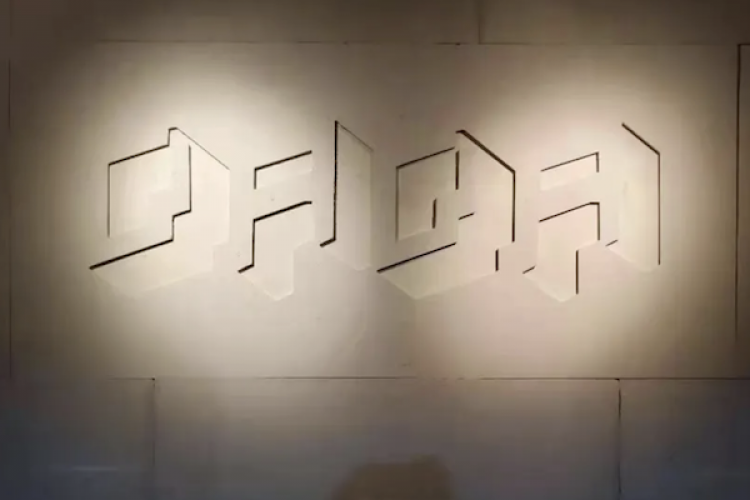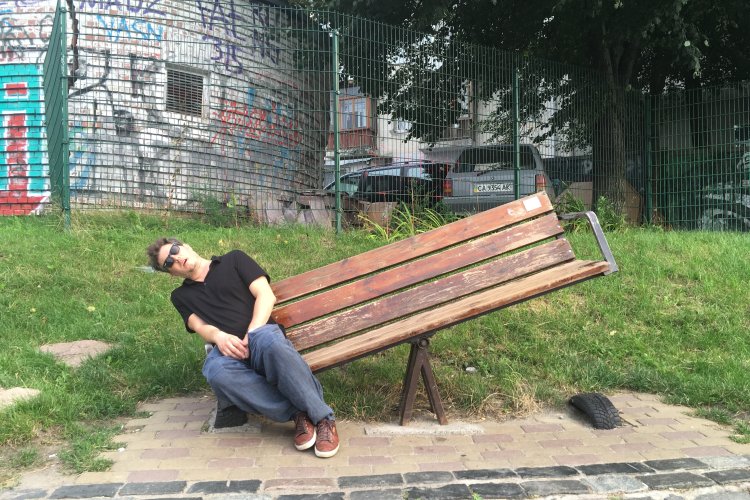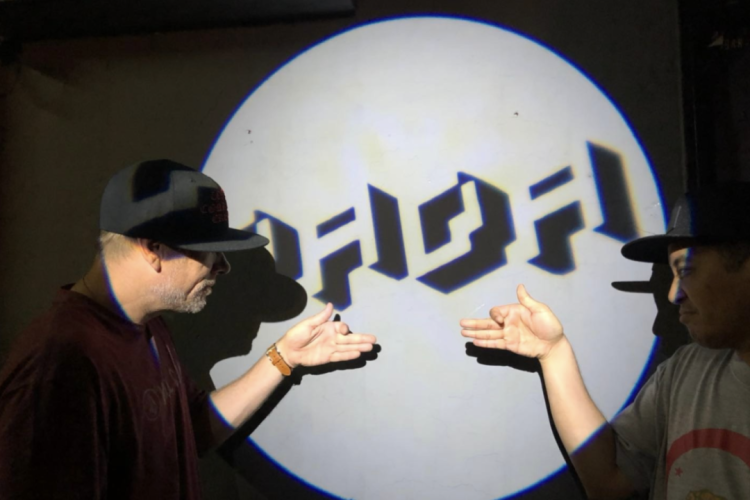Berlin Producer Peter Kirn Talks Creating Beats Fit for Outer Space
Space: the final frontier. Berliner Peter Kirn is no stranger to the sounds of the great unknown given that he himself has harnessed them. Among many other achievements, the DJ, producer, and journalist has worked with the European Space Agency to create music to help promote their interstellar endeavors among a more mainstream audience.
Kirn now prepares for a much less interstellar, but hopefully no less gripping set at Dada on Apr 11 as well as an industry talk on Apr 13 at Floso as a warmup to the this year's WISE festival (slated for May 18-19) and as a side to this year's Record Store Day celebrations. Hosted by Beijing's synth-centric crew The Modular Commune, the event will serve as a crash course in the history of electronic music alongside DJ Dr. Motte and gig promoter Philipp Grefer, co-founder of FakeMusicMedia and founder of the upcoming WISE weekend. They will then head to Lantern to show off their musical chops.
Below, the ambitious Kirn tells us more about working with astronauts, exploring the new frontiers of Southeast Asia's festival scene, and being open to the merging of music and tech.
On collaborating with the European Space Agency's publicist and communication department. I was fortunate that Marco Trovatello from the European Space Agency (ESA) reached out. In addition to doing PR for the agency, Marco shares my tastes in music and represents a lot of what I love about the German underground's experimental appetites. He's a journalist and producer himself. So we first got into conversations about why it was exciting that sound associated with space exploration – like images – could enter into free, common, public use.
The highlight of this was getting to spend a day at ESA's Research and Technology Centre. I had this idea that sound was important to our relationship to aerospace, but in practice, we found that was, even more, the case. We walked into a giant speaker system able to simulate acoustic vibrations of rocket launches, discovered how the sound was used in diagnostics, recorded electromagnetic and acoustic sound samples of research and tests, and more. Then I got to have dinner with two European astronauts who had been on the International Space Station (ISS). Astronaut Frank De Winne talked about what it sounds like on the ISS and how they share recordings with technicians on the ground.
On coordinating the MusicMakers Hacklab at the Nusasonic Festival in Indonesia. I love what appears to be happening with experimental music in Southeast Asia. It's a really supportive community, it seems, and one willing to cross large distances with that support and interest. Indonesia alone, of course, is enormous and people can be really isolated even in their own countries. I'm fortunate as a German resident that the Goethe Institut is also working to make those connections happen, which requires resources and organizing – especially in music that's not always commercial. But the opportunity is enormous. People are inventing new culture before our eyes.
On the intersection of music and tech. What makes music technology so especially satisfying is how nonlinear it is. One moment, you're talking virtual reality and robots; the next, you're literally patching cables like it's the early 1970s. And we are now delightfully confused about what the future even sounds like.
What's important to me is that music creation technology is available to everyone – and that expertise is always something we value. Oddly, I think many people would assume those two things are opposed. But making music is something everyone has always been able to do as humans. Singing is there for everyone, and yet that doesn't make anyone question singing expertise. It's so obviously unique and individual. Recording technology and synthesis were initially really remote and unavailable by virtue of their cost. But that in and of itself I think doesn't make for better music. And bizarrely, it can lead to this idea that to make music more accessible, you have to dumb down music making.
With that in mind, everything that's happening – live coding, DIY electronics, circuit bending, chip music, computer music, Ableton Live and Reason and FL Studio, hardware modular, software modular, DIY software, new instruments – this is all part of these advanced electronic systems of invention becoming folk instruments, and some people taking those to advanced places.

Peter Kirn will perform at Dada on Apr 11. The WISE talk will be held at Floso on Apr 13 called Modular Commune, and will be followed by a show at Lantern later that evening.
READ: Where to Get Your Groove on This Record Store Day, Apr 13
Photos courtesy of Peter Kirn







